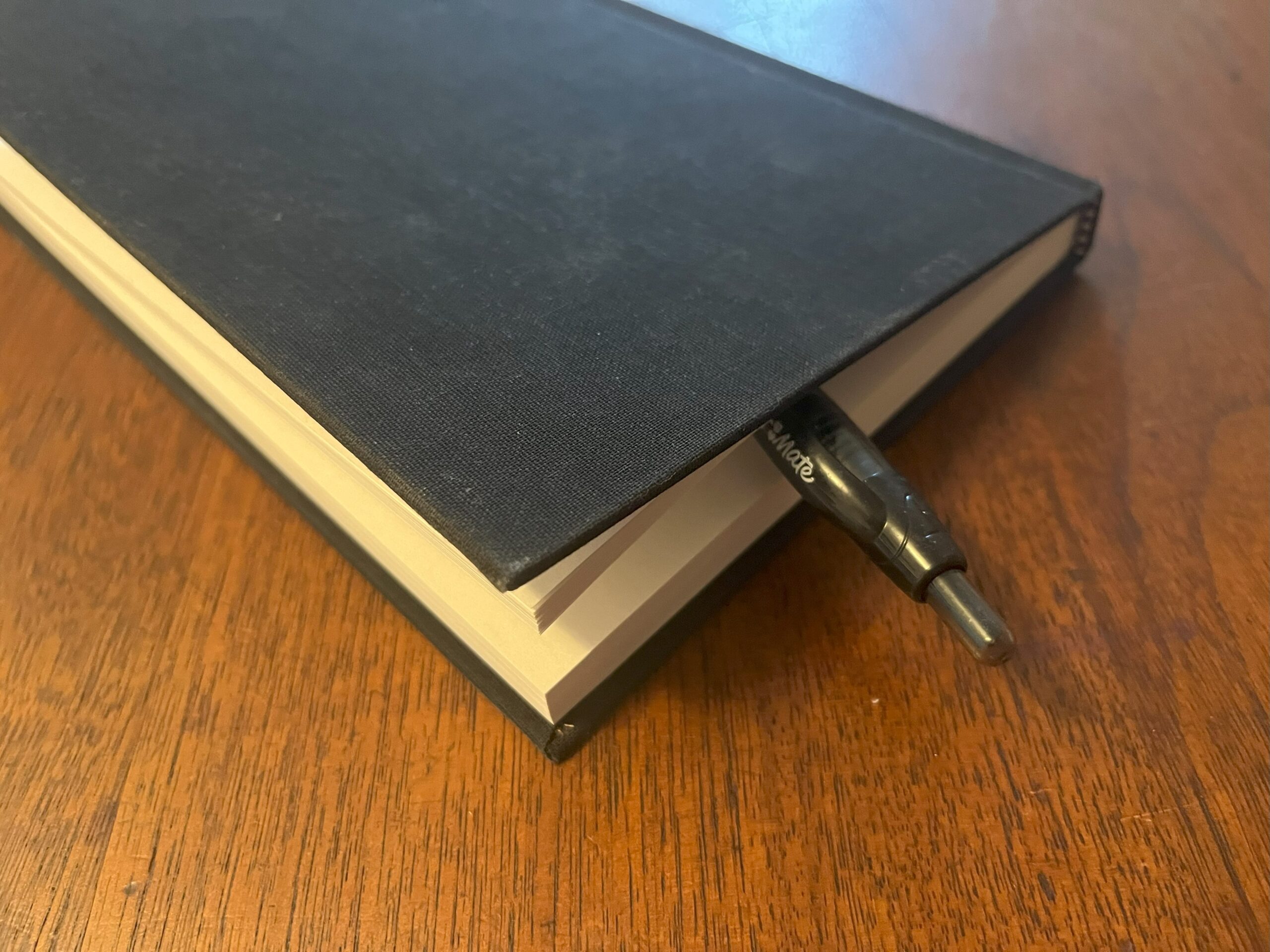
My rule is extreme and increasingly unpopular. I say everything in non-fiction should be true. You don’t get to make anything up.
Authors talk about “different kinds of truth,” or say their memoirs, “explore the slipperiness of memory.” That’s self-serving nonsense.
They know what truth is. They change things to make the story better or make themselves look good. That’s just cheating.
I’ve seen this issue from every side during my career, among journalists and with memoirists whose memories change—always in their own favor. The problem is a classic slippery slope. Lie just a little, and you are on your way.
Many years ago, a big debate arose in journalism about how precisely quotes should be rendered inside quotation marks—exactly as the words were uttered, or could they be cleaned up to make the point clearer?
It’s certainly much easier for the writer to clean up the quotes. You get a better piece without the effort of another interview. But where is the line between cleaning up and making up? It tends to move one way only, because the person deciding is the writer, who gets benefit when the quotes get better.
Long ago, I wrote occasionally for Outside Magazine, which won many prestigious awards back in the day. They edited quotes freely, and worse. An editor added a completely made-up quote to a piece I wrote. When I objected, he suggested I call the source and ask him to say the words so the quote would be real.
Why does this matter? Why not write a better story if it is almost true?
I think of a library as a storehouse of knowledge, collected and passed down through generations—the sum of what our species has learned together.
Like a reservoir of clean water, that store of knowledge can be contaminated. Just a few non-fiction books with false information throw all into doubt. With awareness that what you read might not be true, you lose trust.
Many widely read memoirs have been exposed as being exaggerated, massaged, or concocted. Now I hear it openly admitted and excused. It’s a lot easier to get published if you pump up the story. But the falsehood is insidious.
Not only are false facts harmful for researchers and other writers, these false memoirs also build false conclusions based on their false evidence.
A memoirist may think its OK to embellish his or her own life—to exaggerate the suffering, heighten the victories, or cover up the flaws.
But we read these books to learn something about life. A great autobiography lets us live as another person, gain that experience, and develop intuition about how the world works.
These lying memoirists steal from their readers two ways. They cheat when they write so they can look good and sell books. And they diminish for everyone this precious tool to truly see into other lives.
If you enjoy my newsletter, please share it.